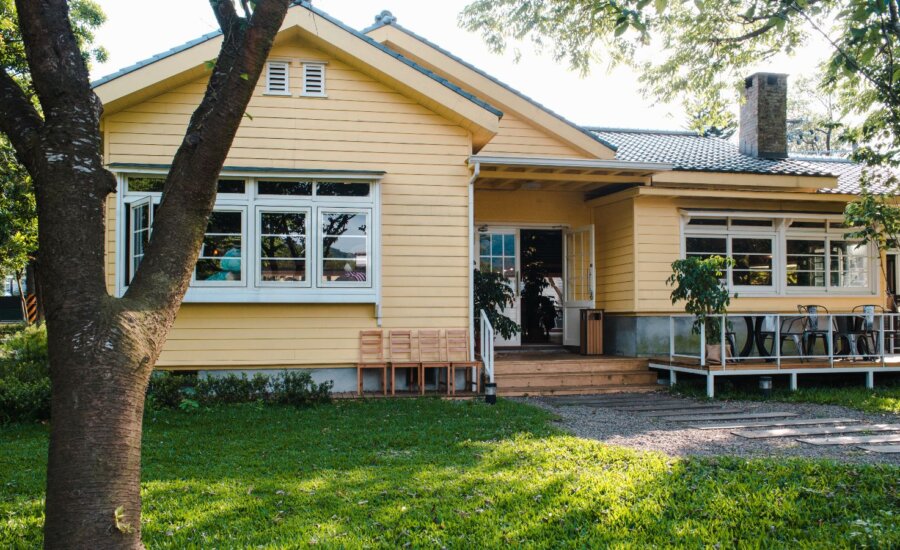How to ensure your kids can keep your house when you die
A MoneySense reader wants to pre-fund the ongoing expenses for her house to make it easier for her kids to keep it when she dies.
Advertisement
A MoneySense reader wants to pre-fund the ongoing expenses for her house to make it easier for her kids to keep it when she dies.

Should I set up a living trust so my kids don’t have to pay to keep my house?
—Annette
This might seem like a simple question, Annette, but there is a lot to unpack here. I will try to touch on some of the considerations that come to mind.
A living trust, or inter vivos trust, that you set up during your life is most commonly used for tax reasons. People might use a trust for income splitting with lower-income family members using a prescribed rate loan or to multiply the lifetime capital gains exemption (LCGE) when planning the future sale of a business. Neither applies in your case.
If you are 65 or older, there is the option of an alter ego trust, which is most commonly used to avoid probate for large estates in high-probate provinces like British Columbia, Ontario, or Nova Scotia.
I would probably not use a living trust so that your kids do not have to pay to keep your house after you die though, Annette. Maybe a testamentary trust.
A testamentary trust comes into effect upon your death. You can create a trust or trusts for different beneficiaries, and you can leave a percentage of your estate or a specific asset in trust.
To accomplish your goal, you could leave your house to your kids in trust, along with a certain dollar amount or percentage of your estate so there is cash to provide for ongoing maintenance and upkeep.
If the home is your principal residence, there is generally no tax payable upon your death, Annette. This assumes that no other real estate was claimed as your principal residence during the years you owned it, and you did not use a large portion of your home for rental or business activities.
If your home is on a large parcel of land, there can be some tax implications from the deemed disposition (sale) of your home on death, as the entire value may not be tax-free using the principal residence exemption.
It is probably more common for people to leave a cottage or farm in trust with funds to maintain the property. This can help ensure a property stays in the family.
It is more likely that tax could be payable on death with a cottage or farm. A cottage may be subject to capital gains tax if another property is claimed as the deceased taxpayer’s principal residence. Farms may or may not be taxable, as there is a farm lifetime capital gains exemption of $1.25 million that may apply in some cases.
If your kids are minors or still living at home, maybe there is a benefit to keeping your house in trust for a period of time—for example, until your youngest child is 25. This gives them a chance to find their footing and launch without having to move out.
If they are under the age of majority, they would need a guardian to live with them. Maybe that is part of your will planning, Annette.
To play the devil’s advocate, though, I have to challenge you on the notion that your kids will want to keep your house. Sometimes, parents think their kids will want to keep a certain asset—like a house, cottage, or farm—because they assume it has the same sentimental value to their kids as it does to them.
They may love it, and they may miss it if it is gone, but practically speaking, kids need to live their own lives too. If selling an inherited asset allows them to buy their own home or fulfill their own dreams, they may ultimately choose that path instead.
Depending on your goals and your family situation, a conversation with your kids may help you identify this and save you the hassle of coming up with an unnecessary arrangement.
You may think they will keep the house as a rental property. They could choose to do so, but chances are your kids have unused registered retirement savings plan (RRSP) and tax-free savings account (TFSA) room, or debt they could pay down with an inheritance.
Although real estate prices have gone up significantly in some cities over the past generation, the upside potential may be more limited over the next generation. Plus, not everyone is keen to be a landlord—especially with their siblings. It takes a lot more work than buying and holding boring stocks, exchange-traded funds (ETFs), or mutual funds.
There is a lot to consider, Annette, to determine if a trust is useful in your case. Be careful about doing things because of a vision that you have of your kids, as they may have a different idea.
Although setting aside money to allow your kids to keep your house may be an important goal for you, it is worth considering if that results in you sacrificing things you could do during your own retirement—solely for your kids’ benefit. It may be all for naught if they would prefer to sell your house anyway.
Share this article Share on Facebook Share on Twitter Share on Linkedin Share on Reddit Share on Email
We’re totally in this stage right now, and I’m projecting a future where several of my mom’s family members will need “a soft place to fall” as evidenced by how we’re doing now in our retirement lead-up years. It behooves us to keep her house in the family and make it work as a sanctuary.